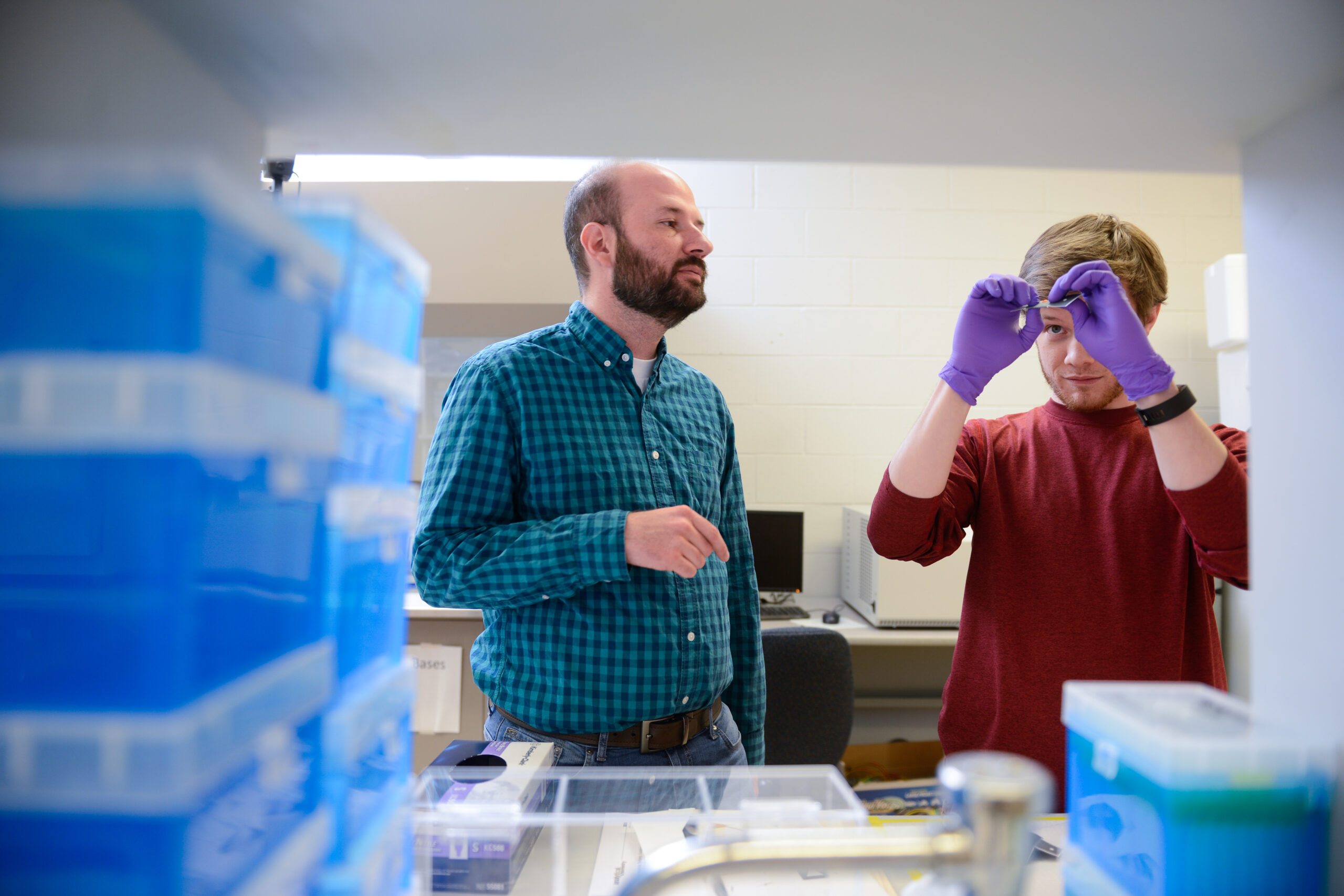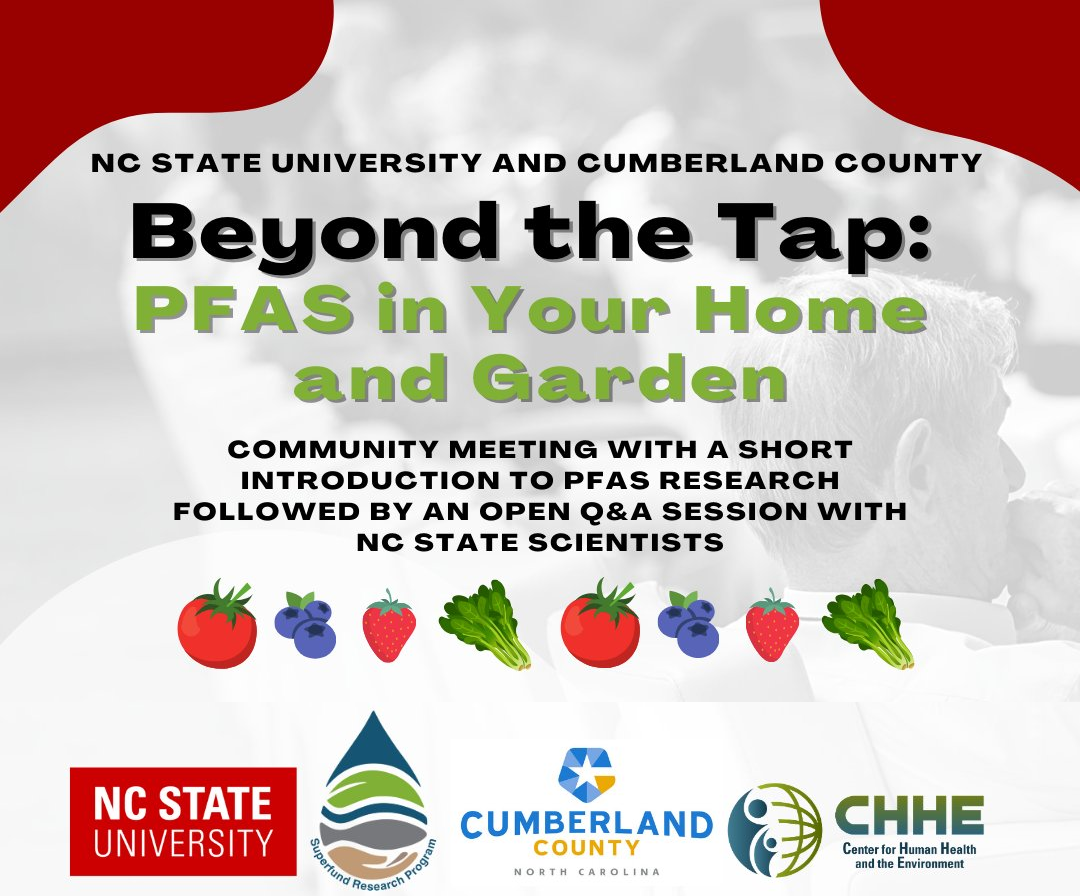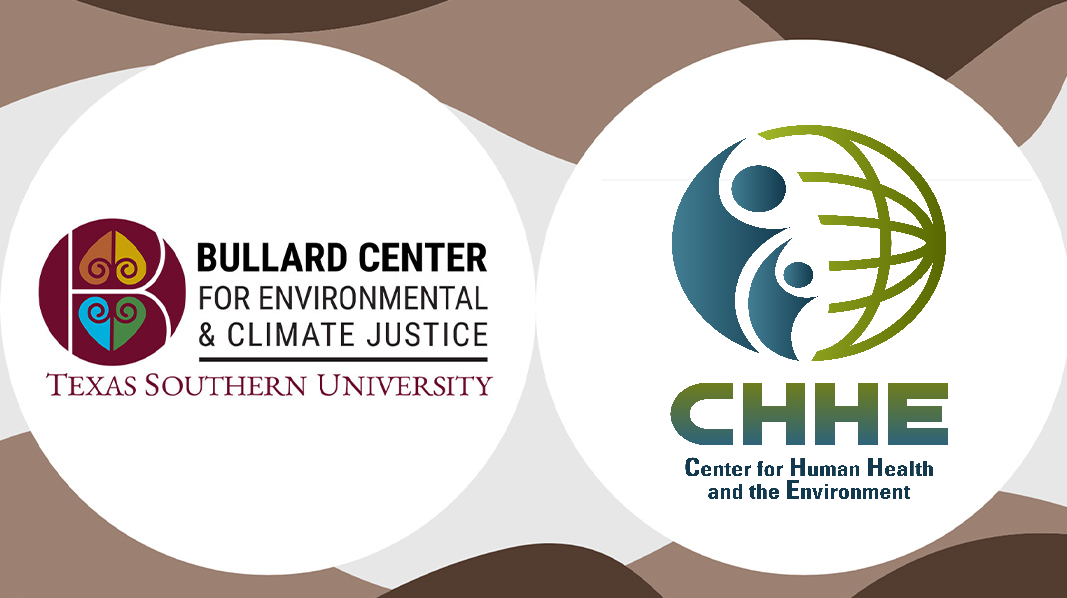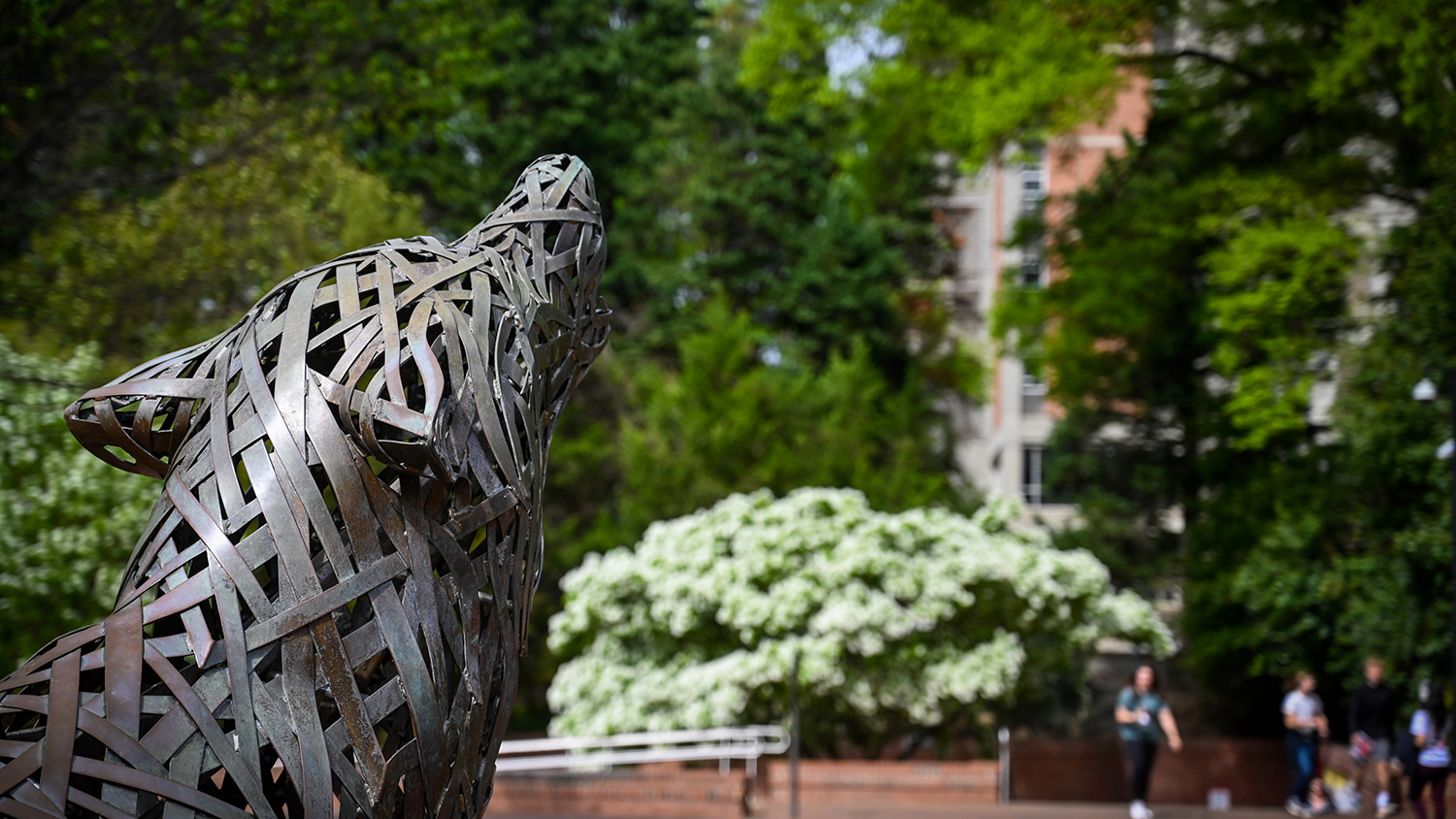CHHE Researcher Spotlight: Michael Bereman

What is your general field of study and how did you get here?
Measurement science. I got into this field during an internship in college where I learned how to use a mass spectrometer (so, a really fancy balance), and used it to study harmful chemicals in tobacco smoke. Some harmful chemicals significantly decrease as you move up the tobacco stalk, so if you pick the tobacco from the top of the stalk, you decrease the amount of harmful chemicals. It was really the first attempt at developing a “reduced” risk cigarette, a predecessor to the E-Cigarette.
If you had twenty seconds with a stranger on an elevator, how would you explain your research?
We are interested in developing new ways to measure molecules. We develop new technologies and ways to analyze data that lets us measure certain molecules in things like a blood sample, or a biopsy. We are particularly focused on how environmental exposures may play a role in neurodegenerative diseases (ALS, Alzheimer’s, etc.).
How do you see your research progressing over the next five years?
1) Developing paper ‘lab on a chip’ devices, which will be able to measure small amounts of toxins in the environment, and let people send samples back to the lab for more tests (that mass spectrometer again!). If successful, we will be able to make these chip devices for less than 15 cents each.
2) Looking at environmental exposures related to neurodegenerative diseases, and how the environment affects things like Alzheimer’s, Parkinson’s, and ALS.
What is your favorite aspect of your research?
Something I enjoy every day is interacting with my graduate students; teaching them, watching them grow as scientists, and also learning new things from them. I think there is a misconception that it’s a “one way street” in academia, but in reality we also learn a great deal from our graduate students.
What would you do if you were not a scientist?
If I was not a scientist I would be a veterinarian. I really love animals. Well I love dogs. I would want to be a dog veterinarian.
What is your guilty pleasure?
I love playing with my radio-controlled car. I guess I’m a radio-control car hobbyist. I have one that goes so fast you can skip it across a pond, but sometimes it hits an object in the water – then you’re in trouble.
What would you like to be known for?
I would like to be known for someone who has taken the field of mass spectrometry and proteomics and applied it to environmental science in order to answer complex problems.
Interview by:
Gina Hilton is a third year PhD student in the Toxicology program at NC State. She has 10 years of experience as a research scientist in various fields including organic chemistry, complex human genetics, and toxicology. Gina is also an avid animal lover (to a 20 year-old kitty), swimmer, hiker, biker, local food shopper, loving daughter, sister, and best friend to many.
- Categories:


